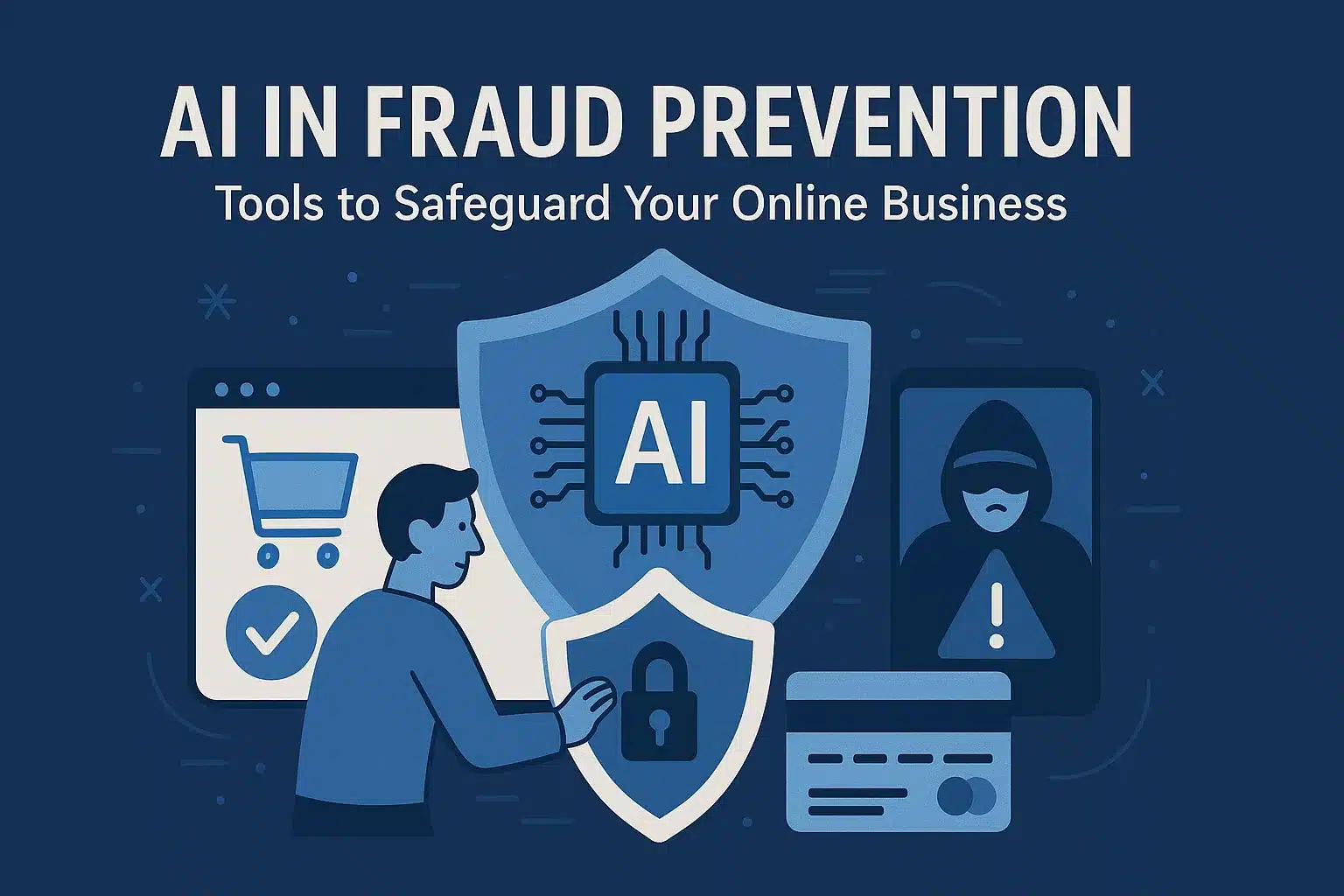Building Strong Work Ethics: Boost Productivity and Get Things Done
Lets begin with the roots of things, because where else is better to start than from the bottom. We all begin there anyhow, don’t we? Let’s look at the Greek roots of our language. First we’ll get a working definition of what ethics are before discovering how it works and the importance of work ethics in the workplace.
Ethics comes from the Greek word, Ethos. According to Merriam-Webster, ethos is defined as, “the distinguishing character, sentiment, moral nature, or guiding beliefs of a person, group, or institution.” The first necessary step would be to set and define your company’s expectations from each individual employee.
Do you have a working definition of what the code of conduct is within your company? Don’t forget, this is a two-way street. Set clear boundaries. Here is what we will do for you, and here is what we expect in return.
Must Read – 7 Ways To Improve Your Work Ethic
1. Give what you expect
Work Ethic Training- Companies need to have their own organizational ethics. The basic work ethics of a company should involve an undeniable expression of respect and trust of each employee equally, on all levels of the company.
The employer must offer the employee what they expect in return. Don’t be afraid to set high standards, just be willing to give as much as you want to take. Training courses on the businesses’ ethics is a great way to implement these expectations from CEOS, managers and employees.
Save Thousands Of Dollars With Coggno Prime Subscription
2. Encouraging results in productivity
Work Ethics Training: The work ethics and productivity of the employees is vital for the success of the company. When an employee respects the work he does and respects the workplace, he will naturally be more productive.
If the aspirations of the company are to expand, this possibility must be made available for the employee as well. Encouraging the output of the employee with acknowledgement of their efforts will increase the productivity of their work, and therefore of the company.
Must Read – 8 Steps For Making Employee Training Fun And Effective
3. Influence of ethics inside and outside
Employee Engagement: It’s important to remember, and remind your employees, the value of ethics not only in the workplace but outside of it as well.
In general, when people act responsibly and with determination, this attitude will enhance not only their work lives, but their personal lives as well. We’ve all had that experience of going to the supermarket, movie theatre, or restaurant where the employee was rude and unhelpful.
It’s not hard to imagine what this person is like in their day-to-day life. One small switch in a person’s mentality can change their whole life. Don’t forget, when people feel more productive, more useful, the better they feel in their lives all around. Keep up this positive attitude, with small inspirations and motivations, and your employee will be more driven and, so will their success rate.
Increasing Employee Engagement
4. Work ethic and its purpose
Work Ethics Training: Ethics at its very core simply refers to a set of moral principles one should ideally observe. It may sound so simple but it’s something that affects our lives on a daily basis. It affects a person’s decisions, from small ones to bigger ones. This is also known as moral philosophy which was derived from the Greek word “ethos” which means habits, customs, character, and disposition.
Ethics is basically how a person perceives right versus wrong by which his life will be ultimately governed by. Ethics is definitely one of the most debatable topics today for the reason that ethics vary based on race, religion, cultures, etc.
Moreover, when it comes to business, a defined set of principles an organization observes in its day-to-day operation is called an ethical code. This ethical code has a significant effect on the company’s reputation, productivity, and work environment quality.
Developing And Coaching Employees
5. Strong work ethic how-to’s
Employers of today can easily replace an employee when they see their work ethic to be less than what’s required. So what is productivity in work ethics and what does it take to build a strong work ethic?
Step 1: Be professional
Professionalism isn’t only how clean you look and how good you dress up. Professionalism lies more on what’s within: attitude, values, and demeanor. To maintain it, one should remain respectful at all times. Learning the power of constructive criticism and how to both say it and receive it is a great character of an ethical employee. Additionally, having integrity makes one trustworthy so make sure to practice honesty, justice, and consistency in your workplace. Also, steer away from gossip!
Professional Boundaries Course
Step 2: Manage your weaknesses
First, evaluate your strengths and your weaknesses to know where to start. Once you know what your weaknesses are, you can now devise a plan to improve them. It will even help if you come with a list summarizing your strong and weak points so you can go through them more thoroughly. SWOT analysis is one way to identify your strengths and weaknesses.
Dealing With Your Weaknesses Course
Step 3: Balance work and play
Although working as much as you can makes you a valuable asset of your company, remember the high quality work ethic is easier attained if your well-being is put first. With that said, you should know when to work and when to play to keep things balanced. Make time for your hobbies, sleep well, eat nutritiously, and socialize. Do all these and you’ll find a person even more prepared to tackle what lies ahead at work.
Step 4: Develop good work habits
Practicing good work habits easily turns into good work ethics. Everyday, choose what you believe will make you a great employee, and it will all follow.
6. Core elements of a strong work ethic
A strong work ethic for you may not be a strong ethic for some. People are morally different, so we cannot pinpoint which is which most of the time. But here, we list down a few elements that are universally understood to be a recipe to a work ethic that’s indestructible.
- Honesty: This is, at the very core, one of the strongest elements of work ethics. You have to be honest to the people around you and you have to also be honest to yourself. In honesty lies integrity.
- Integrity: Show up when you say you will, participate when you say you will, and do the work when you say you will. Be an employee that knows what commitment means.
- Impartiality/Fairness: It’s no brainer that a good employee treats everyone with fairness regardless of anything.
- Alertness: Be a keen observer and know what’s happening in your surroundings.
- Openness: Do not be selfish with your time, knowledge, and resources. Rather than being secretive, it’s best to share growth with others.
- Respect for others: No matter how much a co-workmate or a situation triggers you, keep calm and exhibit grace under pressure. We are all different so we should all learn how to respect each other’s thoughts and opinions.
- Reliability and Dependability: Be reliable and dependable by delivering what is expected from you, especially on the agreed deadlines. This is as simple as keeping promises so as not to waste anyone’s time and effort.
- Determination: Be so determined that you remain headstrong amidst adversities. Embrace challenges because it’s the growth that comes with it that will benefit you the most. Show the world how resilient you are with anything that comes your way.
- Dedication: Have high standards on anything that you do. Do not settle for good enough rather, settle when you know the work you’ve done is of high quality.
- Accountability: Admitting mistakes is the first step to learning from it. Understand that you’re human and you will always make mistakes, but being accountable about them is what makes you an employee with a strong work ethic. Take responsibility for the things you’ve done wrong, learn from it, and move on.
- Confidentiality: Be trustworthy enough to not disclose any confidential information to anyone. They are confidential for a reason.
- Responsibility: Take responsibility for all that you are: your thoughts, your actions, and your work.
- Legality: Always ask yourself “is this legal?” before taking on any action.
- Competence: Be focused on being better than yesterday. This way, your value as an employee goes up everyday too.
- Professionalism: Professionalism starts from how you look in the exterior to how you function in the interior. Make sure that your actions and thoughts are as good as how well you look.
- Humility: Understand that there are others who are better than you. Acknowledge and find joy in other’s successes, and give credit where it’s due. Be open to learning from others.
- Initiative: Take on work you know you can do and you know you have some extra time to Volunteer for work that will not sacrifice the other tasks on your list.
Maximize Training, Minimize Costs With Coggno Prime
7. Positive attitude and good work ethic
Get Productivity Improvement Tips: Some people are blessed to grow in an environment with a strong work ethic and they tend to carry these as time passes. Usually, this is seen among blue-collar workers. A strong work ethic knows how to finish the task in a systematic manner.
Productivity is greatly affected by both one’s positive attitude and good work ethic. Take one of these out and productivity will surely suffer.
A critical question is how does a negative work ethic impact the company? A Study conducted in the US by LRN, 89% agrees that being on the receiving end of unethical behavior by a colleague greatly affects their performance at work and their ability to work with that certain co-worker. This generally results in a decrease in productivity. Additionally, if someone is being mistreated in the office, employees around that person easily worry about the same thing possibly happening to them too.
What then should a manager do? Setting up an environment where openness between the administration and the employees provides a safe space to be honest about any witnessed unethical behavior. This will markedly help the company since there will be quick problem-solving and everyone will feel safer and relaxed a lot faster.
Remember that employees who feel valued tend to deliver better performance. Create a safe space for these people and they will take care of the business for the management. In short, building an ethical workplace environment is a key to productivity.






















